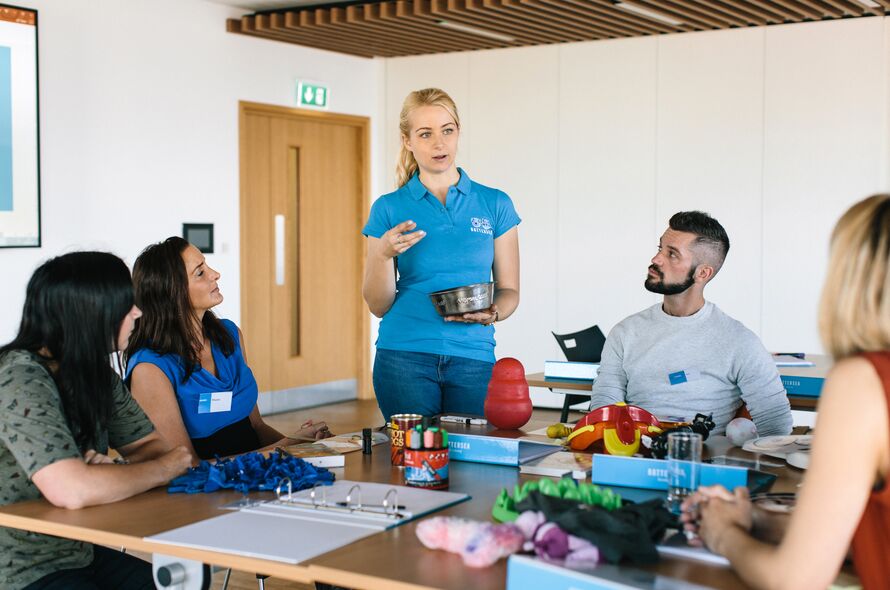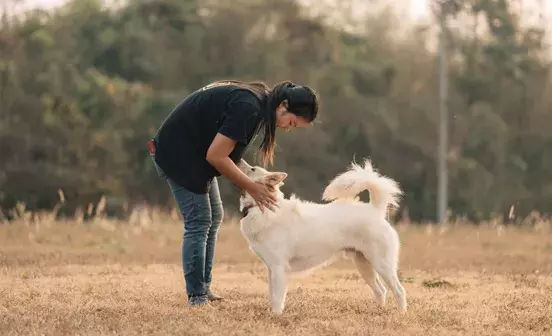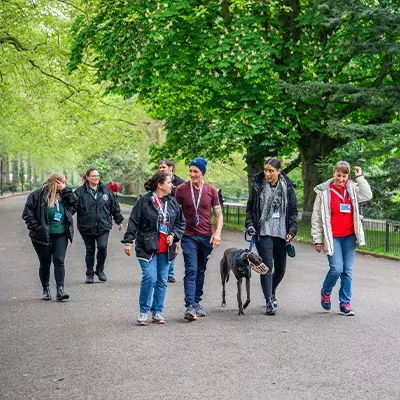In 2018, Battersea launched its Global Programmes. The aim was to share our 160 years of experience and expertise, and in doing so we wanted to enable other rescue organisations, both in the UK and overseas, to help more dogs and cats through training and funding. In this guest blog, Paul Marvell, our Executive Head of Global Programmes, explains Battersea’s global impact on dogs and cats.

Why did Battersea launch its Global Programmes?
For many years we had been approached for help, advice, training, and funding by other rescues. Our own research also confirmed there would be substantial demand.
Launching the Global Programmes proved other rescues had a real need for our support. We have helped over 50,000 dogs and cats in hundreds of dog and cat rescues around the world so far and this will continue to grow over the coming years.
But why would Battersea support rescues overseas when rescues still need support in the UK?
The answer to this is straightforward:
- Dogs, cats, and rescues all over the world need our help
- Many issues faced by rescues overseas are similar to those experienced in the UK
- Battersea is in the fortunate position to be able to share expertise and resources to help
- Through the Global Programmes, Battersea is continuing to support many rescues across the UK as well.
This is great opportunity for us to have an even bigger impact on dogs and cats which has always been at the core of Battersea’s mission.
So, what are some of the key issues faced by overseas rescues, and how can Battersea help?
Overcrowding
Most rescue centres are established by passionate individuals who witness animal cruelty, neglect, and over-population first-hand and want to do something about it. It is in their instinct to scoop up any animals they find in need and take them into their care.
Our Academy (part of our Global Programmes) helps rescues find ways to match the rate of animals coming into their care to the rate they are able to find new homes for those animals.
The Academy also trains rescues to manage how many animals they care for at any one time and how long each animal stays in their care. Rescues find that, over time, taking these steps means they can ultimately help more animals. This is known as ‘shelter metrics’.
Chronic underfunding
Overcrowded rescues cost more to run because less time can be spent on each animal, which means their health and behaviour can deteriorate. Shelter metrics help cut food, veterinary and behavioural costs, and mean animals are able to receive more sustained, tailored care, ultimately making it easier to find suitable new homes for those animals.
This, coupled with advice on strategy, sustainability, marketing, and fundraising, all help overcome underfunding. We also help rescues that are committed to making long-term changes through our Grants Programme, a key part of our Global Programmes.
Inadequate facilities
We work with rescue centres of all shapes and sizes, and everything we teach through the Academy can be adapted to the individual circumstances of each rescue. Sometimes simple and inexpensive changes can make all the difference to animal welfare and behaviour, such as:
- Fitting screens between kennels
- Home-made enrichment games
- More effective record keeping
Our Grants Programme also addresses low-cost improvements to rescue facilities, resulting in dramatic improvements to efficiency and animal welfare.
Wider animal welfare issues
Through our work with overseas rescues, Battersea encounters wider societal animal welfare issues which often lead to animals needing the help of rescue centres, for example:
- A lack of systematic mass neutering and vaccination
- Poor education around responsible pet ownership
Through our Academy and Grants programmes, Battersea seeks to address wider animal welfare issues in the countries in which we work. We aim to foster communities that can peacefully co-exist with stray and roaming animal populations, wherever they are in the world, such as our project with charity Jai Dog, which aims to transform the lives of street dogs in Thailand through a neutering and vaccination programme. Find out more about our Battersea Academy and our Grants Programme.


